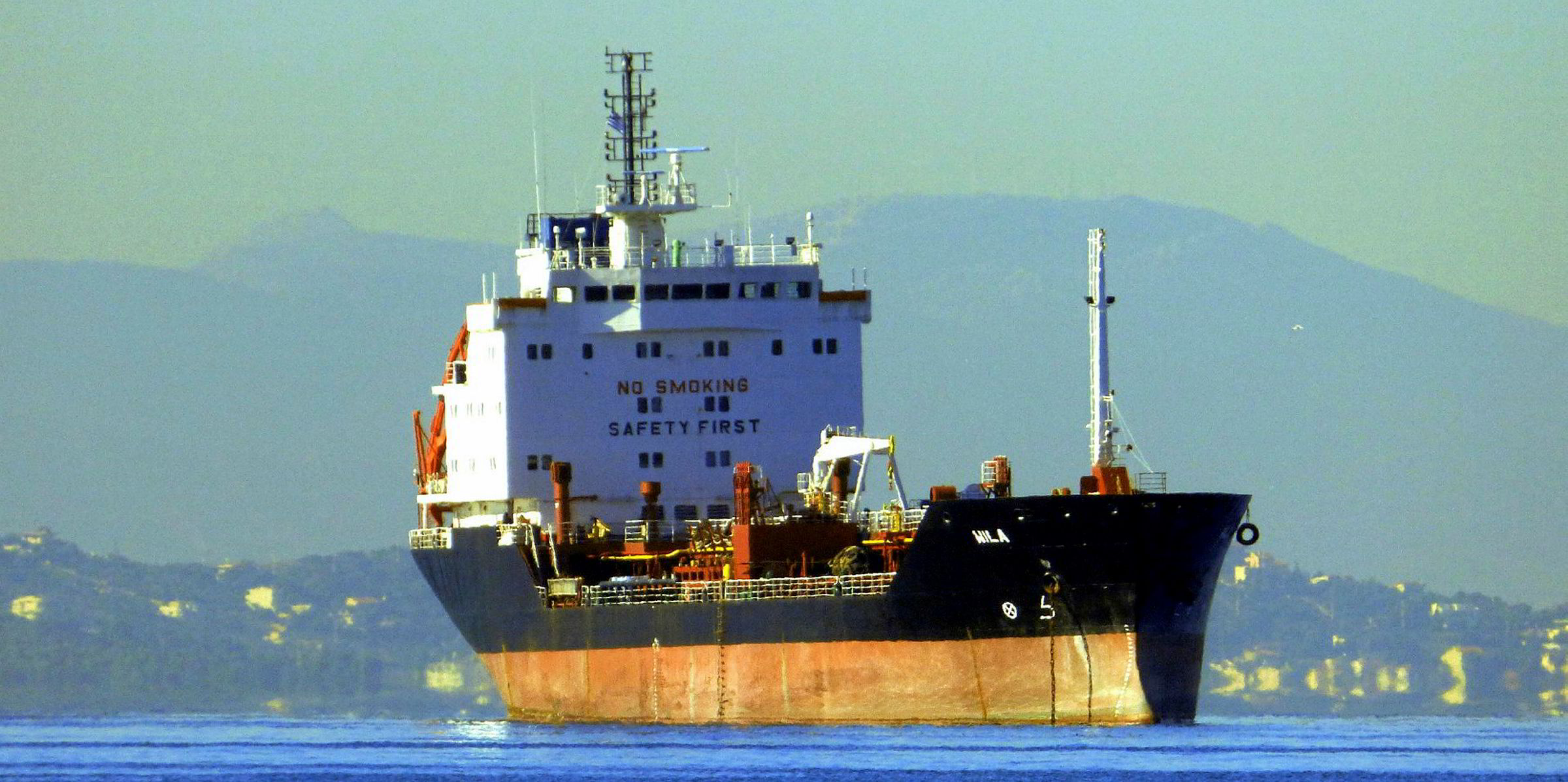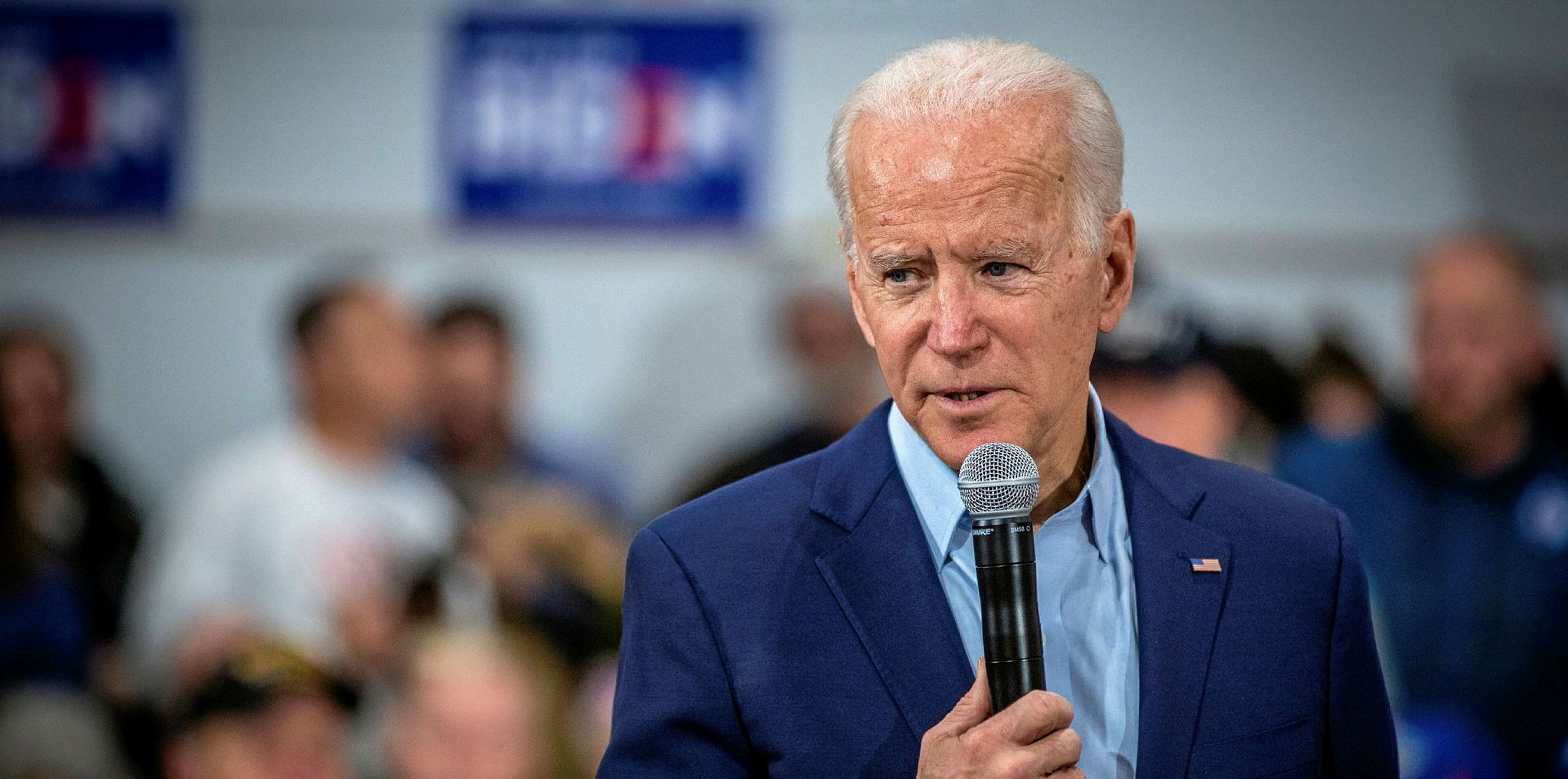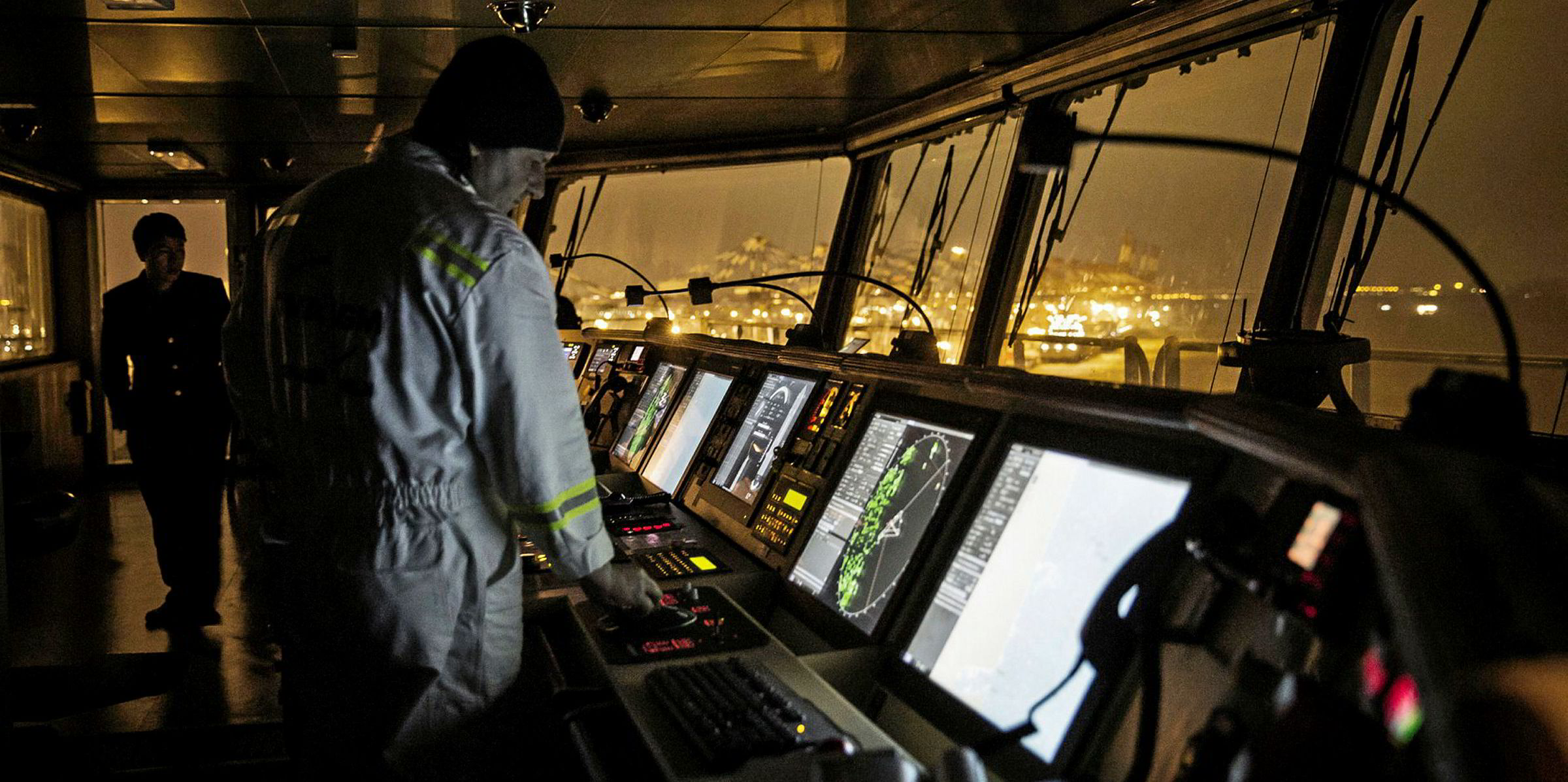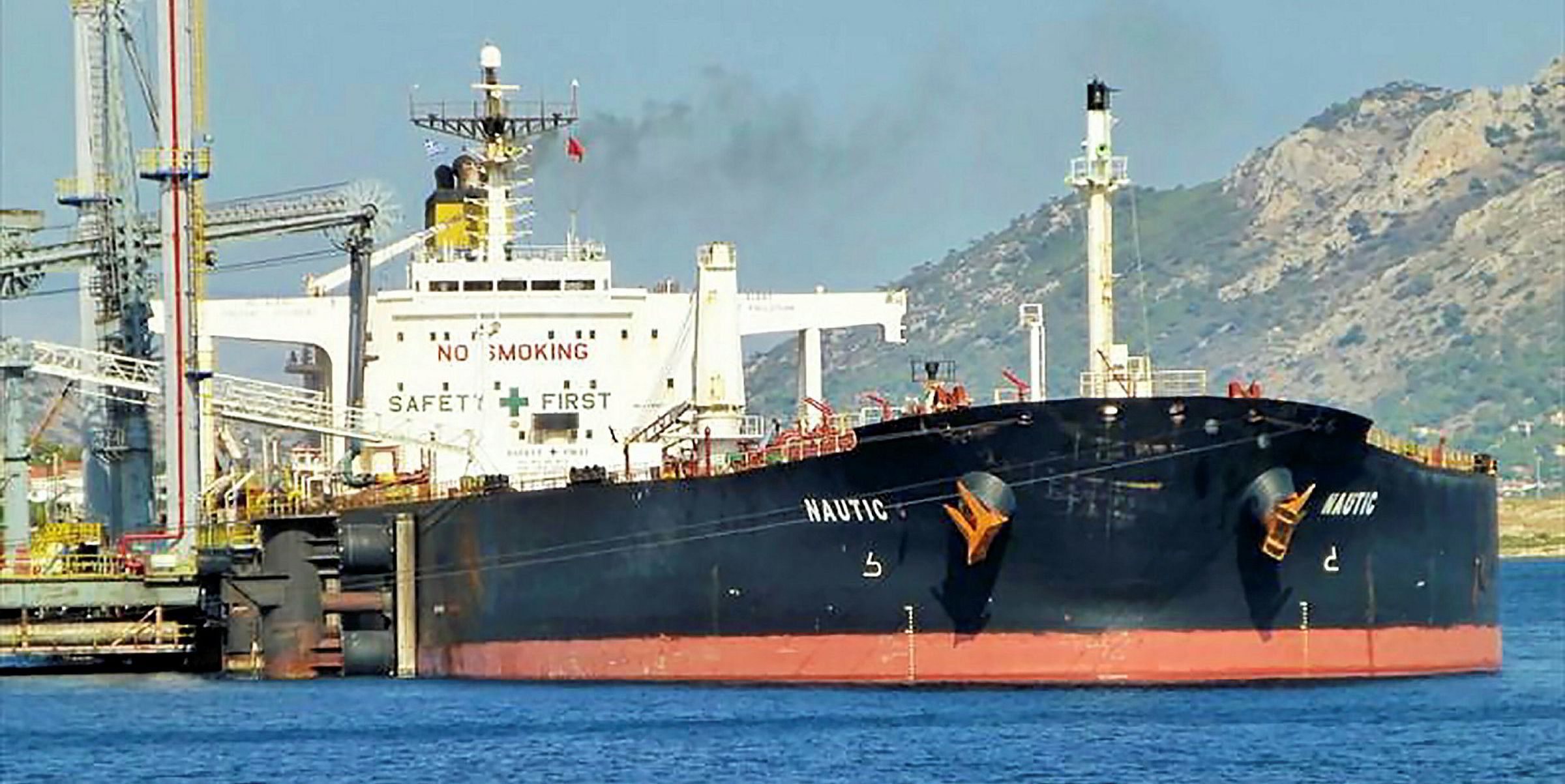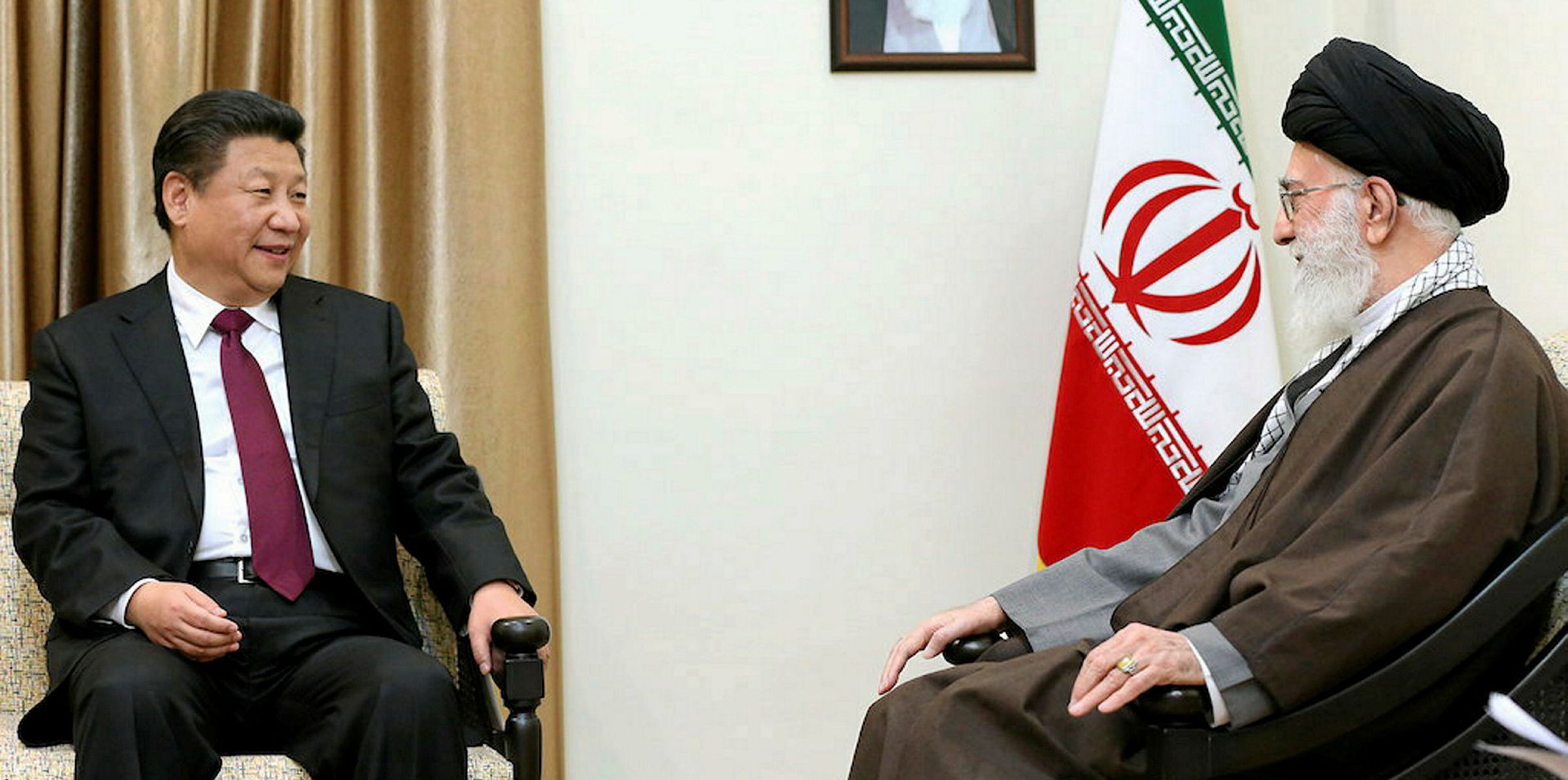Iranian military forces may have seized a Liberian-flagged products tanker near the Strait of Hormuz, security sources report.
Dryad Global said the 8,055-dwt Wila (built 1997) was roughly 46km (25 nautical miles) northwest of the UAE's Khor Fakkan anchorage, when Iranian naval forces boarded, and possibly detained, the ship.
"Further reporting indicated that Iranian naval assets may have used aviation assets to board the vessel," Dryad said.
"The current status of the vessel remains unclear with a significant possibility that the vessel may have been detained."
The Wila had arrived in the Khor Fakkan area around 6:26pm local time (1426 GMT), but lost its automatic identification system (AIS) signal at 8:32pm (1632 GMT), just under 5km from UAE territorial waters.
If confirmed, the detention could be the latest salvo in the US-Iran geopolitical tug of war that increasingly involves another US foe in Venezuela.
Larger connections
Dryad Global said the ship may have been targeted over US meddling in Iranian gasoline shipments to Venezuela carried by Greek-owned ships.
Iran may be sending a signal to owners that it will retaliate against those who have bowed to US interference and avoided or aborted voyages to the South American nation, Dryad said.
The Wila's registered owner is Bandit Shipping, which shares a Piraeus address with manager IMS.
IMS's principal is Captain George Gialozoglou, who TradeWinds reported has connections to shipmanagers Vienna Ltd and Palermo SA.
Those two companies manage the four tankers — he 37,400-dwt Bella (built 2000), 47,400-dwt Bering (built 1998), 46,200-dwt Pandi (built 1996) and 37,300-dwt Luna (built 2000) — the US moved against in its domestic courts in July, having their allegedly Venezuela-destined cargo of gasoline seized.
It is unclear if those ships completed the voyage.
Additionally, the Bering and the Bella were identified by the Wall Street Journal as two Greek-linked ships that were supposed to be part of the first Iranian flotilla that delivered gasoline to Venezuela in late May and early June.
The ships reportedly backed off the voyage when the US threatened sanctions.
According to documents filed in the US court case against the quartet, the Bella's owner was reticent to try and undertake another voyage to the South American country, worried about "the American threat". Iran was said to have offered to buy the ship.
In addition to the court case, the US sanctioned four Greek ships and their registered owners in an attempt to scare the Greeks out of the trade, while threatening sanctions against dozens of others.
The move appeared to work, with some shipowners promising to avoid Venezuela until its leader, President Nicolas Maduro, is removed from power.
"In targeting [the Wila], Iran has potentially sought to send a clear message to vessels which decide to renege on their willingness to partake in, or facilitate, economic activities linked to the nation," Dryad said.
"Iran sees this issue as one of legitimacy, and Tehran would assert that its trading with Venezuela is open, transparent and does not break international law.
"Iran views US sanctions as an act of aggression, and those that backtrack due to the fear of sanctioning themselves as being complicit in maintaining this status quo."
Neither IMS nor Palmero were immediately available by phone, nor did they respond to requests for comment sent via email.
The Greek coastguard said it was unaware of any incident regarding the Wila.
